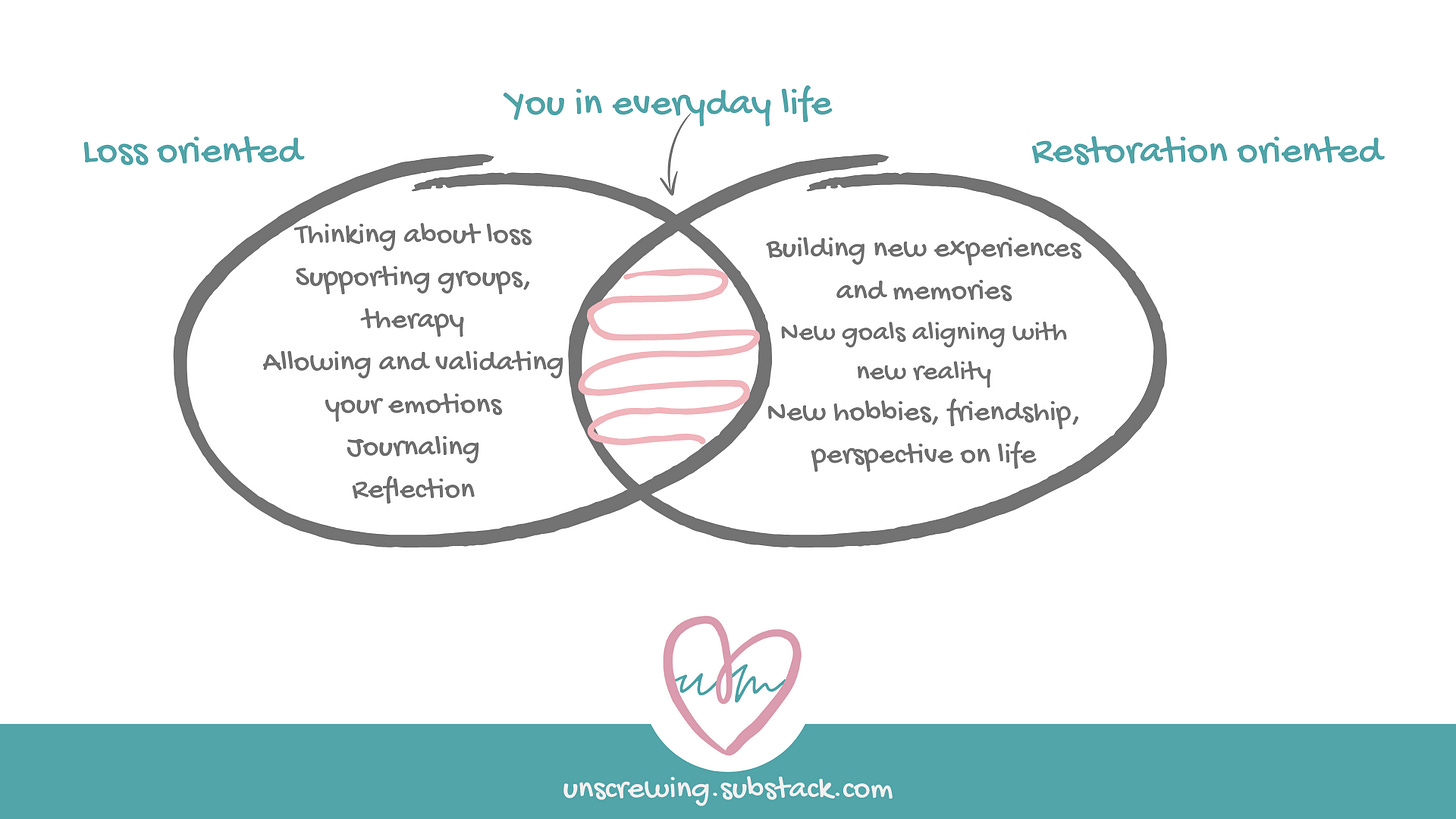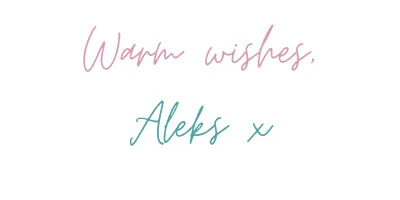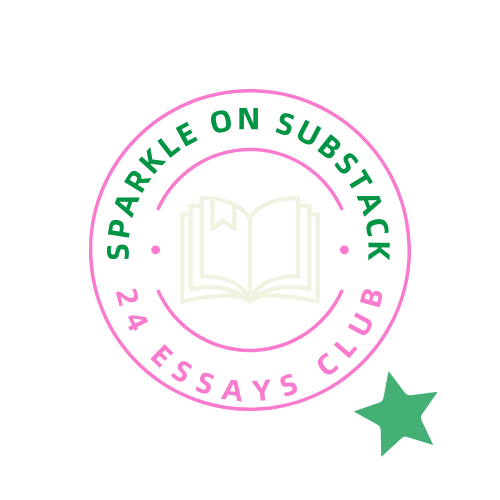From Fairy Tale to Reality: When Fantasies About Motherhood Face a Brick Wall.
The hidden grief of unmet motherhood expectations and ways to cope with the loss of fantasies through CBT techniques and the Dual Process Model of Grief.
This is a free newsletter about perinatal mental health, motherhood, and matrescence authored by a BABCP Accredited CBT therapist. Sign up now to stay in the loop!
Motherhood is often depicted as a journey filled with joy, fulfilment, and a sense of completeness. We envision the soft glow of pregnancy, the harmonious balance of our family, and the seamless transition into our new roles as mothers. However, the reality often starkly contrasts with these idyllic fantasies. For many mothers, the journey is fraught with unexpected challenges, disappointments, and a profound sense of loss—not of a pregnancy or a baby, but of the dreams and expectations we held about motherhood.
As a CBT therapist and mother, I've seen and experienced first-hand the impact of these unmet expectations. This piece aims to explore the often-unspoken sense of loss that comes from the gap between our fantasies and reality. We'll delve into understanding this type of loss, validate its significance, and discuss therapeutic strategies to cope and build a new, fulfilling narrative of motherhood. Together, we'll navigate this complex emotional landscape with compassion, insight, and practical advice.
Understanding Loss in Motherhood
Loss in motherhood is not always about the physical absence of a child. More subtly, but no less profoundly, it can be about the loss of the motherhood we envisioned. Perhaps you dreamed of having daughters but have only sons. Maybe you saw yourself with a bustling household of three children but find yourself with only one. Or, like many, you imagined a glowing, joyful pregnancy, only to be met with complications and discomfort that made the experience far from enjoyable. One of my fellow Substackers,
, reported:“The hardest part of my pregnancy was being diagnosed with high blood pressure around the 36 week mark - it meant the hospital were unable to recommend that I have a home birth, as planned, and we made the decision for me to give birth in the hospital instead. After a pregnancy with no complications, and weeks of planning my ideal home birth under the light of the Christmas tree, this was a huge blow. Luckily the high blood pressure didn't escalate to pre-eclampsia. I had a turbulent birth ending in emergency c-section but I feel very positive about it, as I felt in control the entire time.
It taught me that, no matter how hard I planned down to the last detail, so much of how I birthed would not be down to me. It taught me to surrender - probably the most important lesson learned from my pregnancy”.
These unfulfilled expectations can leave us grappling with a sense of loss that is hard to articulate. The emotional impact is real and deep, stemming from the narratives we've created in our minds. We build these stories long before we become mothers, influenced by societal and familial norms, media portrayals, and personal desires. When reality doesn't match these narratives, the disappointment can be overwhelming.
To illustrate, let me share a personal anecdote. I entered motherhood with a naive, Instagram fantasy that my life wouldn’t change drastically as a result of having a baby. The tones of books I read during pregnancy only solidified this belief—my go-to strategy was always to prepare, control, and achieve. In my dreams, I was exclusively breastfeeding in cafes and libraries, meeting up with other mums while my baby slept peacefully.
Reality was quite different. I found the birth and early days of motherhood very challenging. I suffered from postnatal depression, rarely left the house, and cried most of the time. With support from my wonderful friends, dear husband, and professionals, I eventually found my way out and began to enjoy my son and the process of motherhood. Although I know that even in the darkest days, I always loved my son, the pain from that time is still a vivid memory.
When I got pregnant the second time, one of my fantasies was to make up for the lost time. What could go wrong? I knew what to do, I was prepared for the demands of breastfeeding, reflux, tongue-tie, and jaundice. What I wasn’t prepared for was my second son being diagnosed with severe CMPA (cow’s milk protein allergy) and egg allergy at three months old. By the time of diagnosis, he hadn’t had a single day without crying from discomfort—day and night—and was constantly bringing up milk, requiring regular weight monitoring.
Although I didn’t suffer from postnatal depression this time and really tried to enjoy the moments, once again, the reality was far from the fantasy I had imagined.
Picture from the TeacherToolkit
Loss is Still a Loss
It's crucial to recognise that loss, even if it's the loss of a fantasy, is still a loss. Our brains are wired to create narratives and attach emotions to future expectations. When these expectations are not met, it triggers a grief response similar to that experienced with more tangible losses.
Research shows that the brain's reward system is activated not just by achieving our goals but also by the anticipation of achieving them. When the anticipated reality doesn't materialise, it can lead to feelings of sadness, frustration, and grief. The larger the gap between our expectations and reality, the greater the emotional impact.
Acknowledging this type of loss is the first step towards healing. Society often dismisses these feelings, labelling them as trivial compared to more significant losses (losing a baby or a loved one). However, this dismissal can prevent us from processing our emotions and moving forward. It's essential to validate these feelings and understand that they are a natural response to unmet expectations.
In my own journey, acknowledging my feelings of loss and sadness was a turning point. It allowed me to process my emotions and begin to heal. By validating my own experience, I could move past the guilt and self-judgement that often accompany these feelings.
The Therapeutic Perspective
From a therapeutic perspective, acknowledging that loss is a loss is vital. Validating these feelings can be a powerful step towards healing. It involves recognising that your disappointment and grief are legitimate, regardless of societal expectations.
Honouring this loss is another crucial aspect. This can involve creating personal rituals or practices that acknowledge the loss of your envisioned motherhood. For example, you might write a letter to your younger self, expressing the dreams and hopes you had and acknowledging the pain of those unfulfilled expectations.

Coping Strategies Using CBT Techniques
Cognitive Behavioural Therapy (CBT) offers several strategies to help cope with the loss of motherhood fantasies. One of the first steps is identifying and challenging unhelpful thoughts. Common cognitive distortions include black-and-white thinking, where we see situations in all-or-nothing terms, and personalisation, where we blame ourselves for things outside our control.
Practical exercises for reframing thoughts can be incredibly helpful. For instance, you might keep a thought diary, noting down negative thoughts and then challenging them with more balanced, realistic ones. If you think, "I’m a bad mother because I only have one child," you can challenge this by listing all the ways you are a good mother and recognising that the number of children you have doesn't define your worth as a parent. Or, if you find yourself thinking, "I failed because my pregnancy was not enjoyable," you can challenge this thought by considering the many factors beyond your control and recognising your strength in navigating a difficult experience.
Building a new narrative is another critical aspect. This involves creating a realistic and fulfilling story about your motherhood journey. You can start by identifying what aspects of your reality you appreciate and find joy in. For example, you might cherish the close bond you have with your child or the unique experiences you've shared.
Applying the Dual Process Model of Grief
The Dual Process Model of Grief, developed by Margaret Stroebe and Henk Schut (1999), offers a helpful framework for dealing with the sense of loss in motherhood. This model posits that grieving involves oscillating between loss-oriented activities (focusing on the grief) and restoration-oriented activities (rebuilding your life).
In the context of motherhood, this might mean allowing yourself time to mourn the loss of your fantasies while also engaging in activities that help you adjust to your current reality. For example, you might set aside time to reflect on your unfulfilled expectations and then actively work on building new experiences and memories with your child. Other practical examples might include joining a support group, starting a new hobby, or setting new goals that align with your current reality.
Personal experience has shown me the benefits of this approach. By giving myself permission to grieve the loss of my fantasy (often while talking to a friend) and also focusing on positive actions, I was able to navigate that difficult time while being mindful and appreciating moments when the "sea was calm." I was more mindful the second time around, both in the good and bad moments, which allowed me to advocate for my son more effectively.
Reconstructing Motherhood Identity
Reconstructing your identity as a mother involves integrating the loss into a new sense of self. This means accepting and embracing your reality, even if it differs from what you had imagined. Building resilience and finding peace in the present situation is key.
Strategies to build resilience include focusing on your strengths, seeking support from others, and practising self-compassion. It's also essential to recognise the importance of community and support networks. Connecting with other mothers who have experienced similar feelings can provide validation and support.
Personal stories of transformation and acceptance can be incredibly powerful. Sharing your journey and hearing others' experiences can help you feel less alone and more understood. By embracing your current reality and finding new ways to find joy and fulfilment, you can rebuild your motherhood identity.
What expectations did you have about motherhood that differed from your reality, and how did you cope with that difference?
Can you share a personal experience where you had to let go of a fantasy related to motherhood? How did you navigate that emotional journey?
How do you find joy and fulfilment in your current reality as a mother, even if it differs from your initial expectations?
What advice would you give to other mothers who are struggling with the gap between their expectations and reality?
I would love to hear from you in the comments, or DM me!
And if you have seen a value in this article and would like to support my writing, but can’t afford to upgrade to a paid subscription, you can buy me a coffee. As a busy mum, I never say no to a delicious Costa coffee. It acts as a balm for my mind and soul! ☕
This is the fifth post of the Substack challenge Sparkle on Substack 24 Essay Club run by Claire Venus from Sparkle on Substack. Please visit the linked page above to join in if you wish!
References:
Stroebe, M.S., & Schut, H.A. (1999). The dual process model of coping with bereavement: rationale and description. Death studies, 23 3, 197-224 .












Another brilliant post Aleks 👏 😍
When my first pregnancy became riddled with life-threatening hemorrhaging, low birth weight, hypertension, premature lung disease, and (later) an autism diagnosis, I certainly found myself facing that huge gap between my ideals and my reality. Today, I ground myself in being less clinical and more happy by reframing my experiences. My kids are the happiest people I know by my design. I take comfort in their wellness, the fact that they're simply here with me, and mine. And I'm also extremely grateful for the perinatal and post-natal CBT that I received.